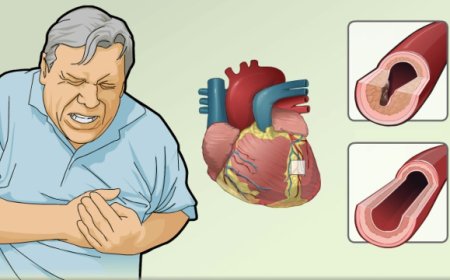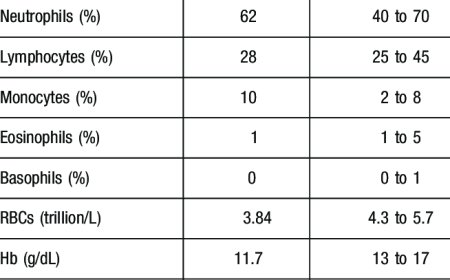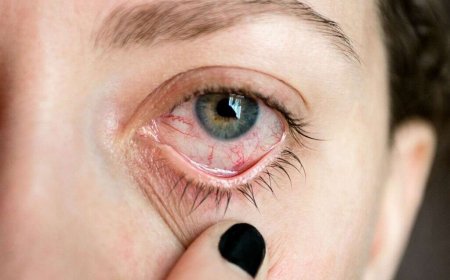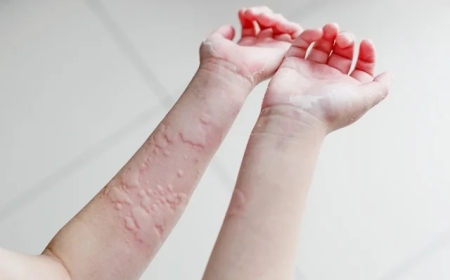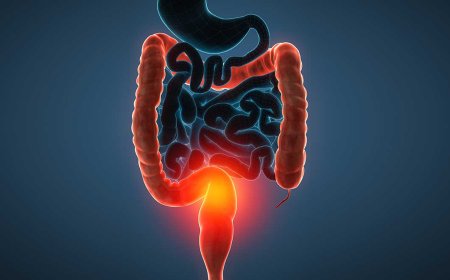Kidney Stone
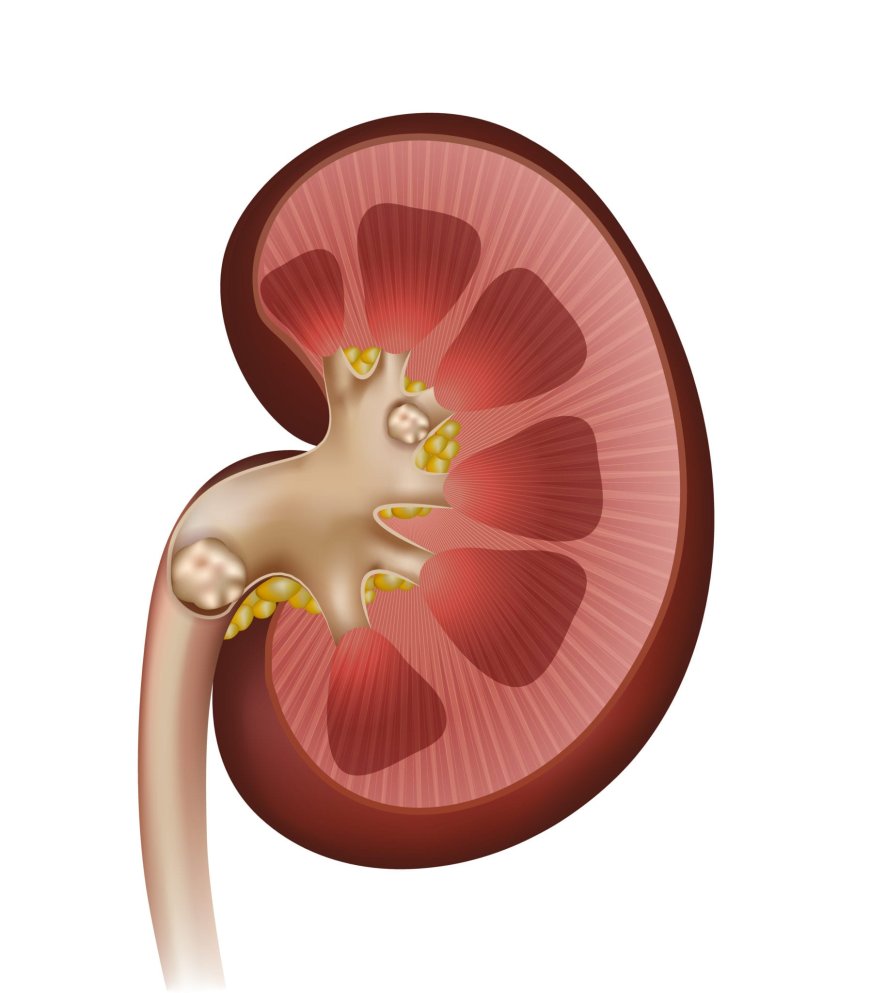
Introduction:
Hello there, young readers! Today, we'll talk about something that may sound small, but it can cause big trouble if not taken seriously – Kidney Stones! Now, imagine tiny rocks forming inside your body – sounds strange, right? Well, that's what a kidney stone is! Let's explore more about it, its types, symptoms, causes, and how to prevent them.
Signs and Symptoms:
Kidney stones can be sneaky troublemakers, and their symptoms can vary from person to person. Some common signs to watch out for include:
-
Pain: The most common symptom of kidney stones is severe pain in the side or back, just below the ribs. This pain can be sharp and may come and go in waves.
-
Urinary Troubles: You might experience pain or a burning sensation while peeing, and the frequency of urination may increase.
-
Blood in Urine: Sometimes, kidney stones can cause blood to appear in your urine, making it pink or red.
-
Nausea and Vomiting: You may feel nauseous or even throw up due to the pain.
-
Fever and Chills: In some cases, kidney stones can cause an infection, leading to fever and chills.
What Is Kidney Stone?
Kidney stones are solid crystals that form in your kidneys when there is an imbalance in certain minerals and salts in your urine. These stones can be as tiny as a grain of sand or as big as a pebble. You can have one kidney stone or several at a time.
How Is Kidney Stone Classified?
Kidney stones are mainly classified into four types, based on the substances they are made of:
-
Calcium Stones: These are the most common kidney stones, made of calcium oxalate or calcium phosphate.
-
Uric Acid Stones: These form when your urine has too much uric acid, often associated with diets high in purines (found in red meat, organ meats, etc.).
-
Struvite Stones: These can be caused by urinary tract infections (UTIs) and can grow quite large quickly.
-
Cystine Stones: Rare but hereditary, these stones are made of the amino acid cystine.
Causes and Triggers:
Kidney stones can be caused by various factors, and here are some triggers that can increase your risk of getting them:
-
Dehydration: Not drinking enough water can lead to concentrated urine, making it easier for stones to form.
-
Diet: Eating foods high in salt, sugar, and certain minerals can contribute to stone formation.
-
Family History: If someone in your family has had kidney stones, you may be more likely to get them too.
-
Medical Conditions: Conditions like urinary tract infections, gout, and certain kidney disorders can increase the risk.
Diagnostic Tests and Treatments:
If your doctor suspects you have kidney stones, they might recommend some diagnostic tests to confirm it. Here are a few common ones:
-
Ultrasound: Uses soundwaves to create pictures of your kidneys and identify any stones.
-
CT Scan: Provides detailed X-ray images of your kidneys and helps determine the size and location of stones.
-
Urinalysis: Analyzes a urine sample to check for minerals and other substances that may cause stone formation.
Now, let's talk about treatments:
-
Drinking Water: If the stones are small, drinking lots of water can help you pass them naturally.
-
Medications: Your doctor might prescribe medicines to help dissolve certain types of stones or manage pain and infections.
-
Extracorporeal Shock Wave Lithotripsy (ESWL): This non-invasive procedure uses shock waves to break large stones into smaller pieces for easier passage.
-
Surgery: In some cases, surgery might be needed to remove large or complicated stones.
Prevention Techniques:
Preventing kidney stones is much easier than dealing with them. Here are some tips to keep those tiny troublemakers at bay:
-
Stay Hydrated: Drink plenty of water throughout the day to keep your urine diluted.
-
Balanced Diet: Eat a healthy diet with moderate amounts of salt, sugar, and animal protein.
-
Limit Soda and Caffeine: These can increase your risk of forming stones.
-
Monitor Your Health: If you have a family history of kidney stones or medical conditions, be extra cautious and follow your doctor's advice.
kidney stones can be painful, but with the right precautions and a healthy lifestyle, you can keep them away and enjoy a happy and active life!
What's Your Reaction?
 Like
0
Like
0
 Dislike
0
Dislike
0
 Love
0
Love
0
 Funny
0
Funny
0
 Angry
0
Angry
0
 Sad
0
Sad
0
 Wow
0
Wow
0


























































